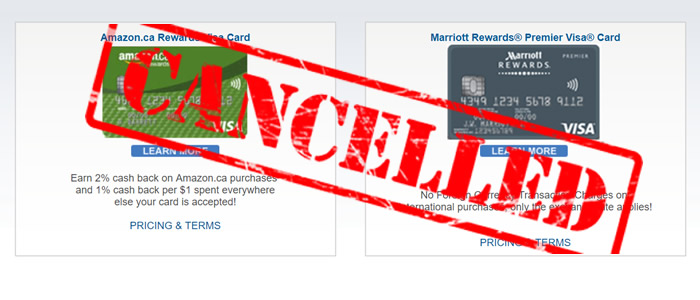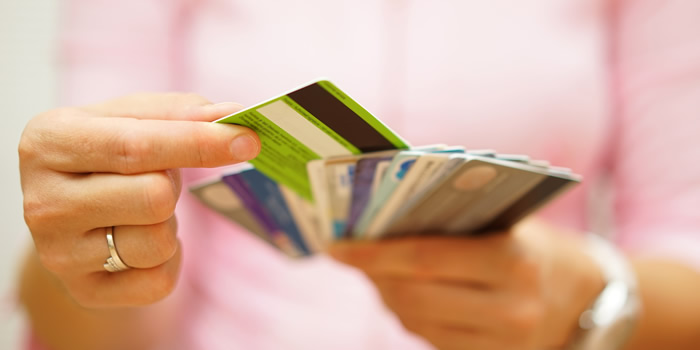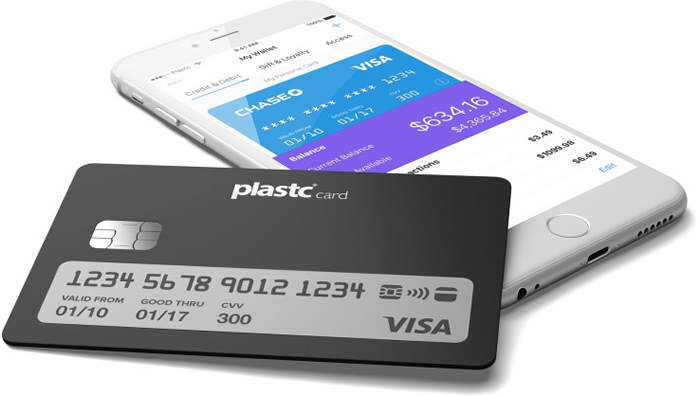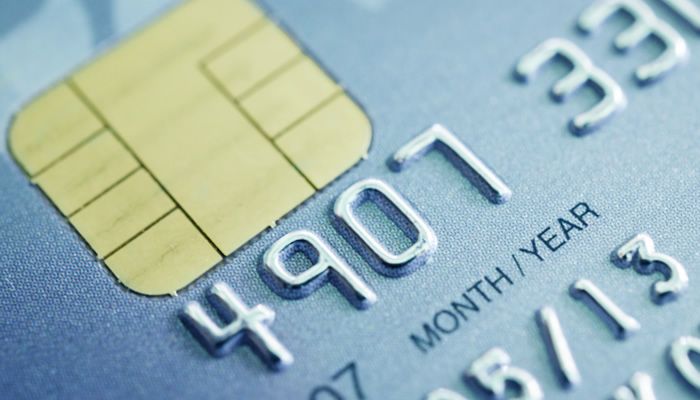Tips on Choosing Your Credit Card PIN
Posted June 5, 2014 - updated May 11, 2016 in Credit Card Tips
Your PIN – short for Personal Identification Number – is a unique four-digit number required to make purchases on credit cards with Chip-and-PIN technology. In today’s society with dozens of usernames and passwords to remember, choosing a credit card PIN that’s easy to remember, yet difficult for fraudsters to figure out, can be challenging.
Chip-and-PIN credit cards will soon replace traditional magnetic stripe credit cards, as more retailers make the switch to the security of Chip-and-PIN transactions. For purchases under $50 you can wave your MasterCard PayPass or Visa payWave, but for larger purchases you’ll need to enter your PIN to authorize transactions, adding an extra level of security.
Choosing a secure PIN is an important decision, as you can be held liable – even for fraudulent purchases – in some cases.
The Limitations of Zero Liability Protection
Most major credit card issuers offer zero liability protection for unauthorized transactions. This protects you in most cases if your credit card is lost or stolen. When it comes to newer Chip-and-PIN credit cards, you may be surprised to learn that you can be held responsible for fraudulent credit card transactions if you failed to take the reasonable precautions to protect your card and PIN.
You should take the time to familiarize yourself with your credit cardholder agreement. Under the heading “Personal Identification Number,” it spells the instance when you may be held liable for credit card fraud. For example, on the RBC Royal Bank Credit Card Agreement under the heading “Personal Identification Number, Other Security Features; Unauthorized Use of Credit Card,” it says the following:
“Protecting the security of your Credit Card is important. You agree to keep your PIN confidential and separate from your Credit Card at all times. Select a PIN which cannot be easily guessed. A PIN combination selected from your name, date of birth, telephone numbers, address or social insurance number must not be used.
No one but you is permitted to know or use your PIN or any other security codes such as passwords, access codes and account numbers that may be used or required for Internet or other transactions. You must keep these security codes confidential and separate as well.”
Some zero liability policies only cover credit card transactions that require a signature (not Chip-and-PIN), so it’s important to review your credit cardholder agreement carefully.
PINs to Avoid
Although it can convenient to choose a PIN that’s easy to remember like your birthday, your credit card issuer could hold you responsible for fraudulent transactions if you do. Here are some common PINs to avoid:
- Don’t choose a credit card PIN that can be easily guessed (ex. 1234, 4321, 1111, etc.)
- Don’t use the same PIN for more than one credit card or debit card. If you use one PIN and a thief figures it out, all your cards will be compromised.
- Birthday: Don’t choose your birthdate or year of birth. For example, if your birthdate is March 31, 1975, you should avoid using 0331 (mm/dd) or 1975 (year of birth). If your wallet is lost or stolen, those are the first PINs a thief is likely to attempt.
- Address: Don’t use any combination of your street number. For example, if you live at 742 Evergreen Terrace, you should avoid obvious PINs like “7420” and “7421.”
- Phone Number: Don’t use any combination of your home or mobile phone number. For example, if your phone number is 555-3478, you should avoid using “3478” as your PIN.
- Close Relative: To err on the side of caution, you should avoid using the birthdate, address or phone number of a spouse, family member or close relative, as well.
How to Protect Your PIN
It’s important to take reasonable precautions to keep your PIN confidential and separate from your credit card. Here are some tips to protect your PIN:
- Never disclose your PIN to a third party, including friends and family. You’ll most likely be held liable if your friend decides to go on a shopping spree on your dime.
- Always enter your PIN yourself when making purchasers; never disclose your PIN to the cashier.
- If you suspect someone knows your PIN, change it immediately and phone your credit card issuer. You should also get in the habit of changing your PIN on a regular basis.
- Memorize your PIN, but never write it down on a piece of paper in your wallet. A thief will know your PIN right away, defeating the purpose of it.
The Bottom Line
Chip-and-PIN credit cards offer an additional level of security, as long as you choose a PIN that’s not obvious. With a possible ten thousand combinations of the digits 0 to 9 that can be arranged for four-digit PINs, there is no shortage of numbers to choose. Many credit cardholders are leaving themselves open to being held liable for fraudulent credit card transactions without even knowing it. Before you choose your next PIN, be sure to follow our tips to avoid being held responsible for credit card fraud.




